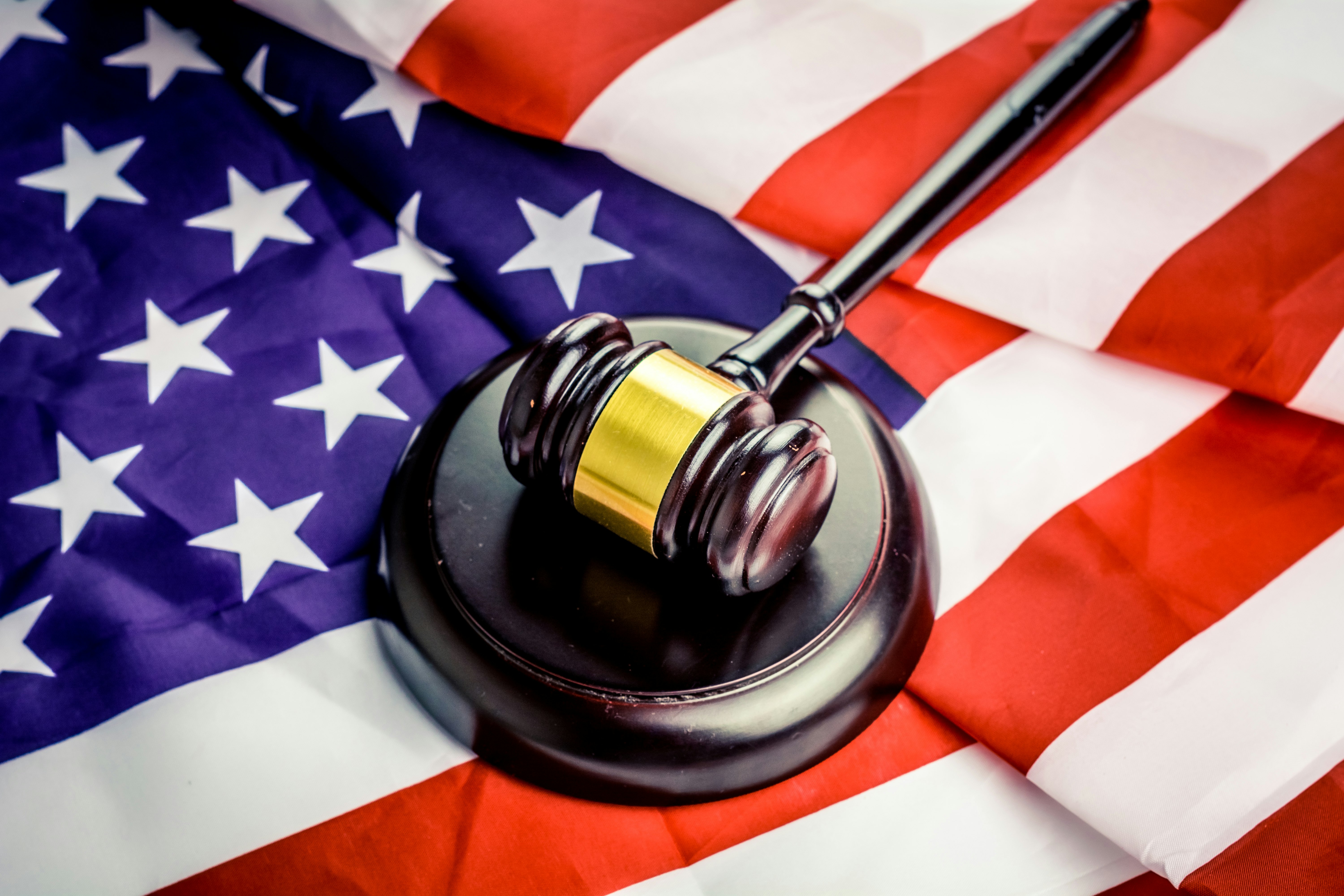![]() The report is based on data from the American Bar Association (ABA), which showed “historically underrepresented” students in 2018 comprised a slightly larger share of the incoming class with 31.21% of the class fitting into that designation. “The racial and ethnic composition of law school enrollments is similar to the U.S. population, generally. However, the enrollment of Black, Indigenous and people of color (BIPOC) as a whole has decreased by small increments year-over-year, and continued to decline for the 4th consecutive year,” according to the group.
The report is based on data from the American Bar Association (ABA), which showed “historically underrepresented” students in 2018 comprised a slightly larger share of the incoming class with 31.21% of the class fitting into that designation. “The racial and ethnic composition of law school enrollments is similar to the U.S. population, generally. However, the enrollment of Black, Indigenous and people of color (BIPOC) as a whole has decreased by small increments year-over-year, and continued to decline for the 4th consecutive year,” according to the group.
FROM TWITTER
Marie Sylla-Dixon @Mrsylladixon
"Kudos to @AjitPaiFCC @GeoffreyStarks for launching @FCC’s Early Career Staff Diversity Initiative. There’s no better time to advance equitable opportunities for underrepresented undergraduate, graduate, and law school students! https://www.fcc.gov/document/fcc-announces-intern-and-early-career-staff-diversity-initiative"
According to Enjuris, most all ethnicities and races tracked saw slight declines in enrollment except for Hispanic/Latino and Asian students. Black students saw the largest decrease.
Bucking that trend, the top law schools as calculated by Black enrollment percentage last year (via the Enjuris analysis) are as follows:
- Howard University (80.95%)
- Texas Southern University (59.79%)
- Southern University (57.55%)
- North Carolina Central University (54.12%)
- Florida Agricultural & Mechanical University (47.07%)
- University of the District of Columbia (45.87%)
The Association of American Law Schools (AALS) recently launched a new initiative, the Law Deans Antiracist Clearinghouse Project, aimed at fighting racism and increasing diversity in law schools.
“Many of us are asking ourselves what we can do as Black law deans, women law deans, LGBTQ law deans, people of color law deans, allied law deans, and deans with varying intersectional identities to address the malady of racism and the assault on black bodies,” according to the AALS. “By creating a space for our collective voices as leaders of law schools to engage our institutions in the fight for justice and equality, we strive to focus our teaching, scholarship, service, activism, programming, and initiatives on strategies to eradicate racism.”
The work emphasizes studying the experiences of those who have faced discrimination and looks to combat racism by urging strong leadership and a commitment to antiracist education at law schools. “This antiracist work requires auditing our programs of legal education to assess our progress toward diversifying our faculties, our staff, and especially our student bodies, which in turn diversify our profession,” according to the AALS.
Enjuris echoes that sentiment and reports more diversity leads to better analysis and solutions, which in turn creates better lawyers. Further, racial diversity in law will lead to greater trust in the “rule of law” in general, it argues.
As Judge Edward M. Chen, the first Asian American appointed to the United States District Court for the Northern District of California, observed per the advocate’s report: “The case for diversity is especially compelling for the judiciary. It's the business of the courts to dispense justice fairly and administer the laws equally. It's the branch of government ultimately charged with safeguarding constitutional rights, particularly protecting the rights of vulnerable and disadvantaged minorities against encroachment by the majority.”



















